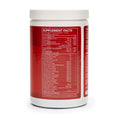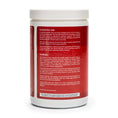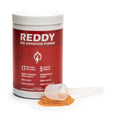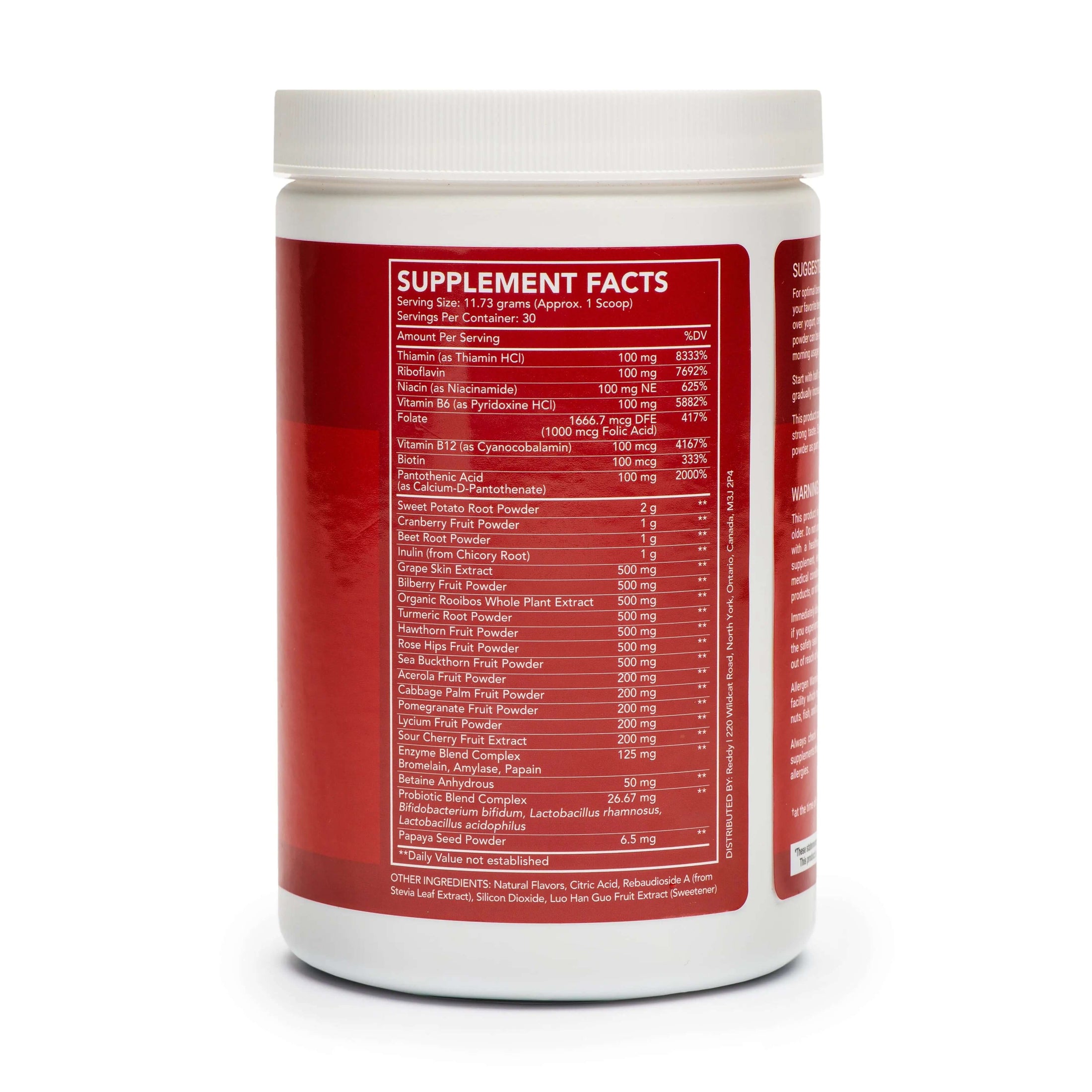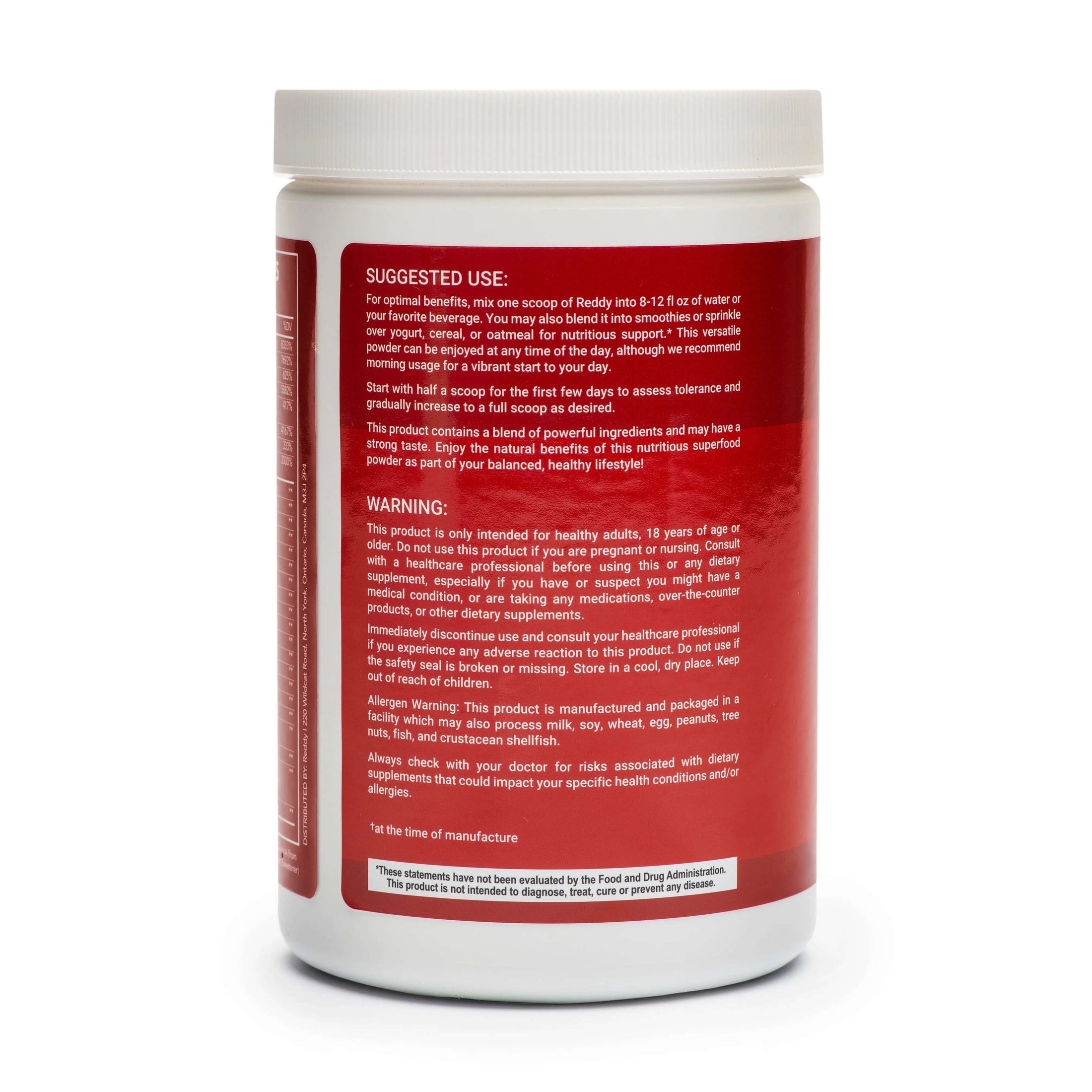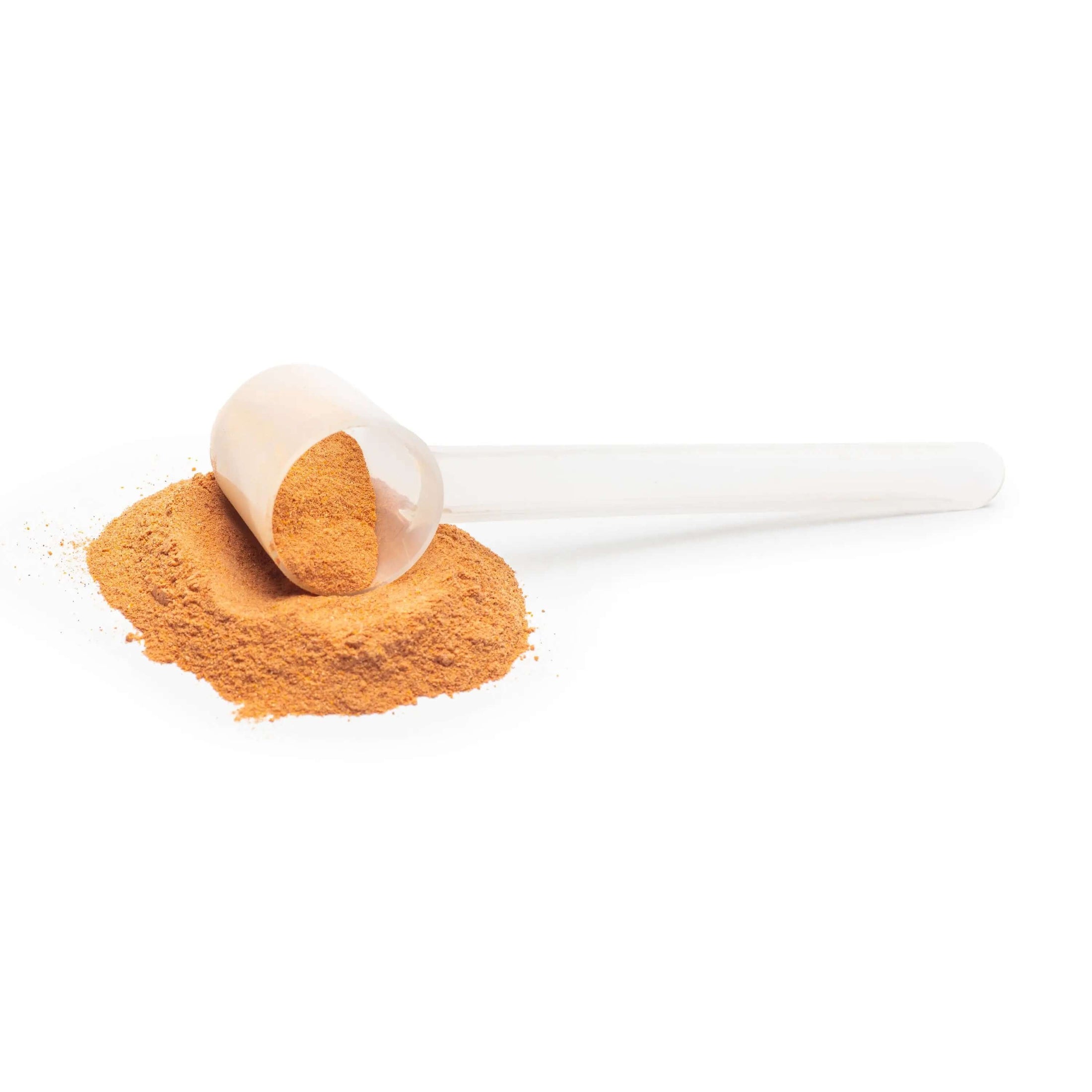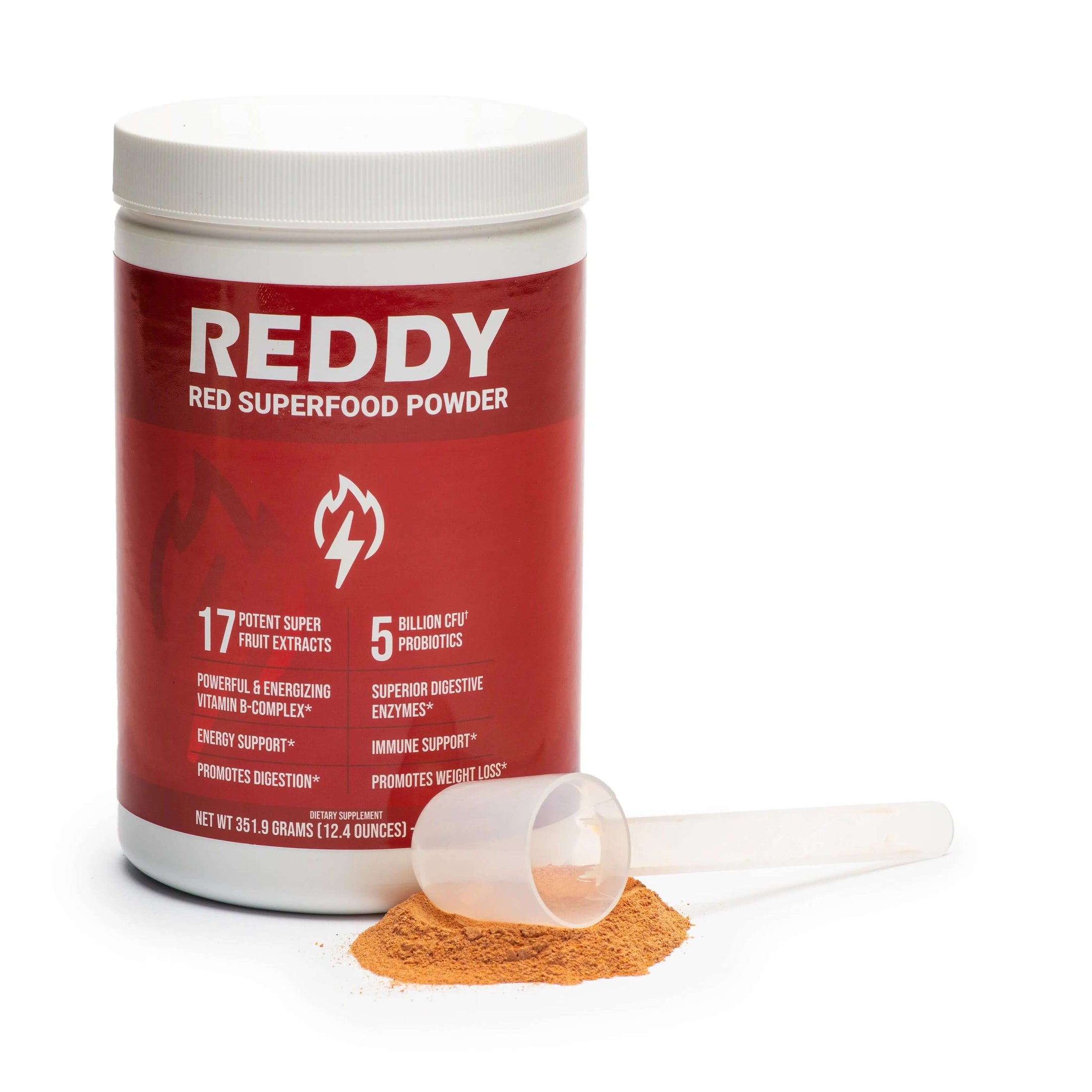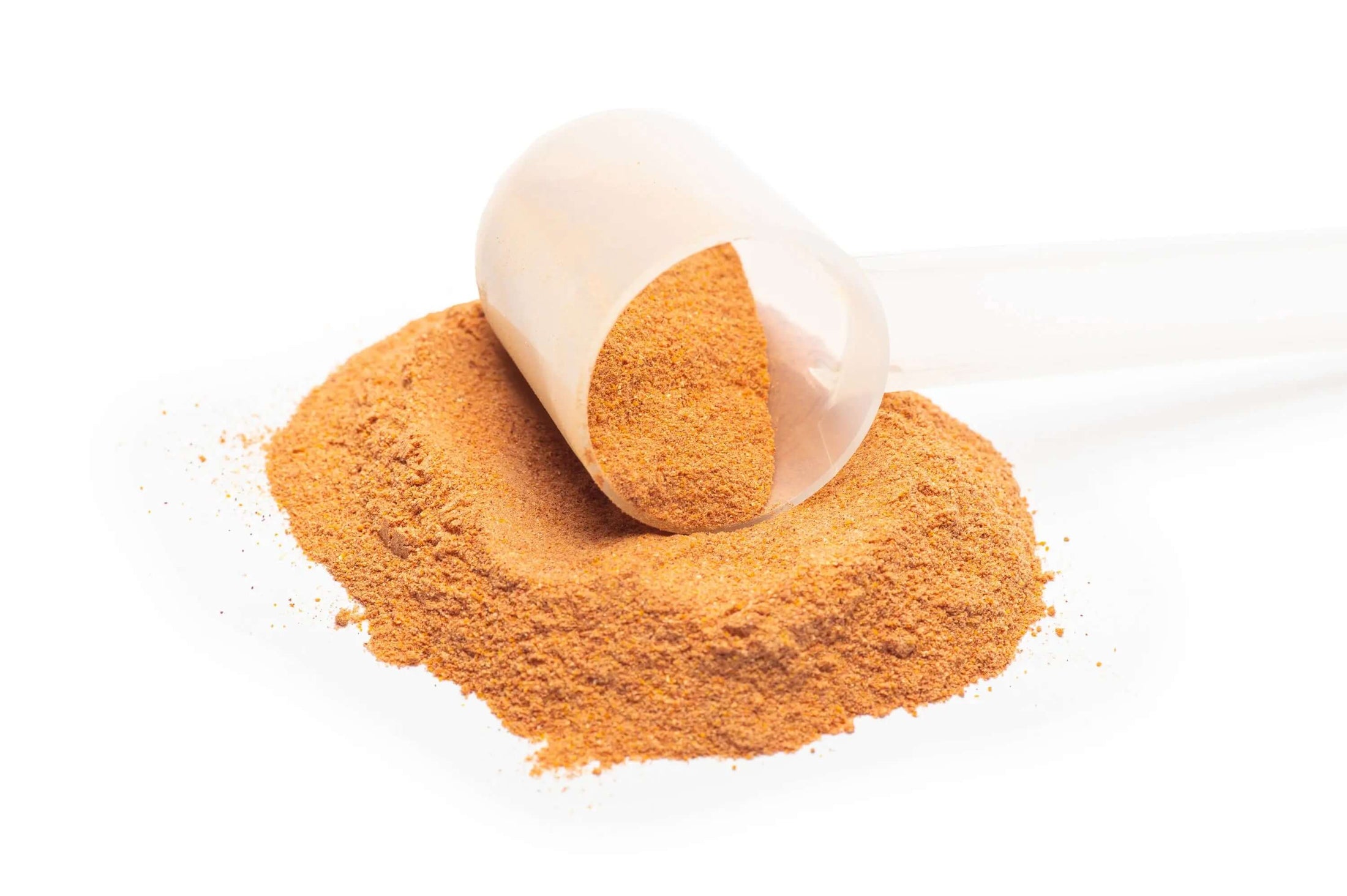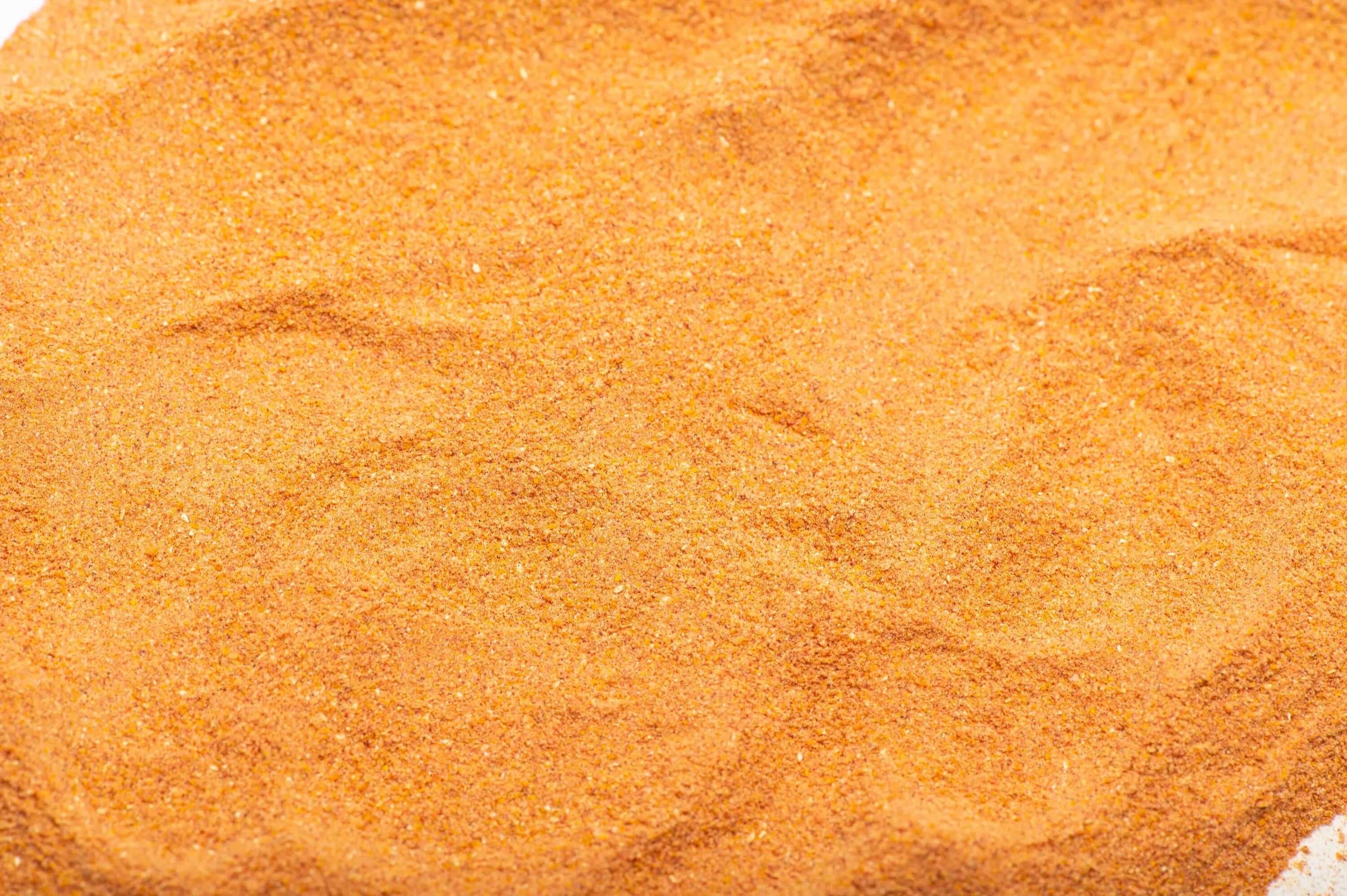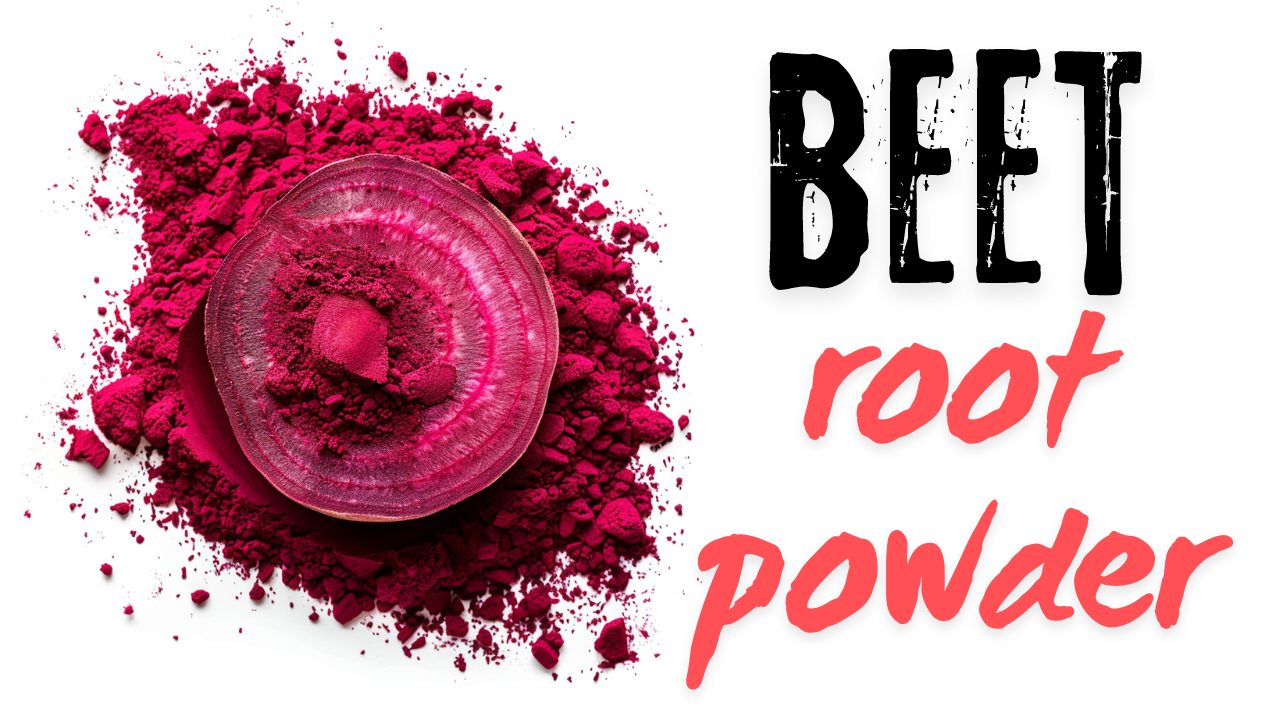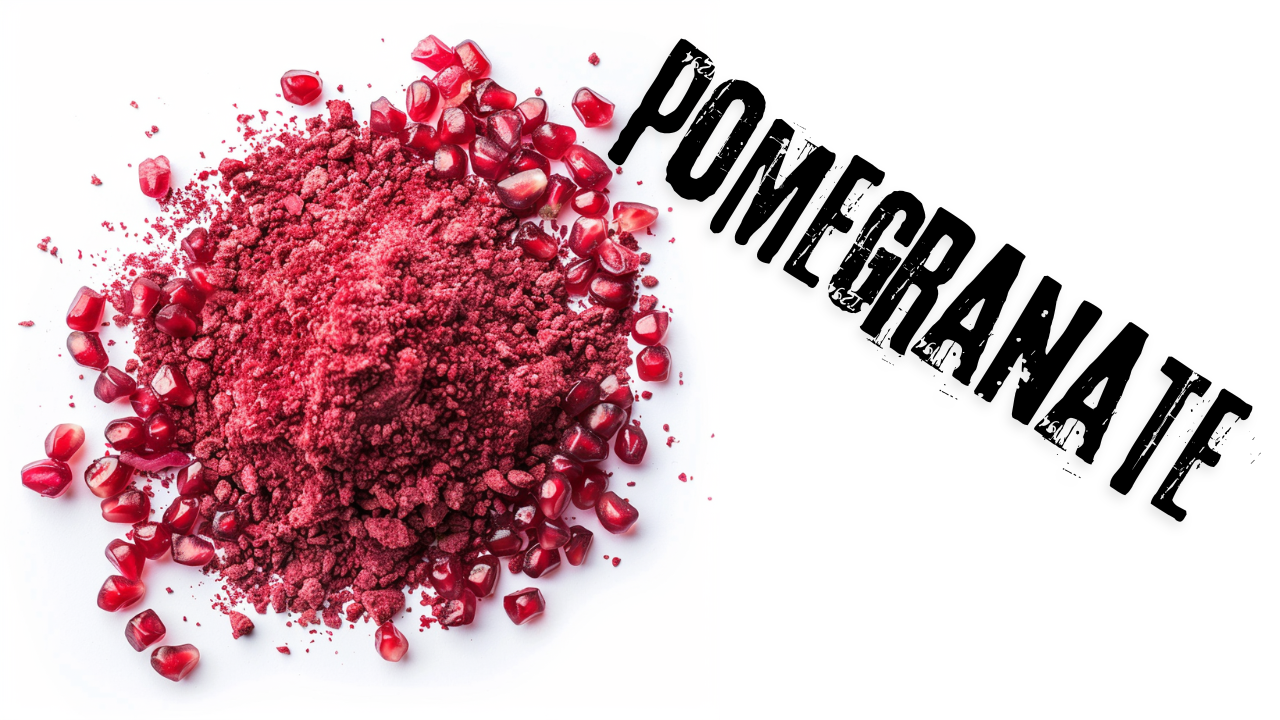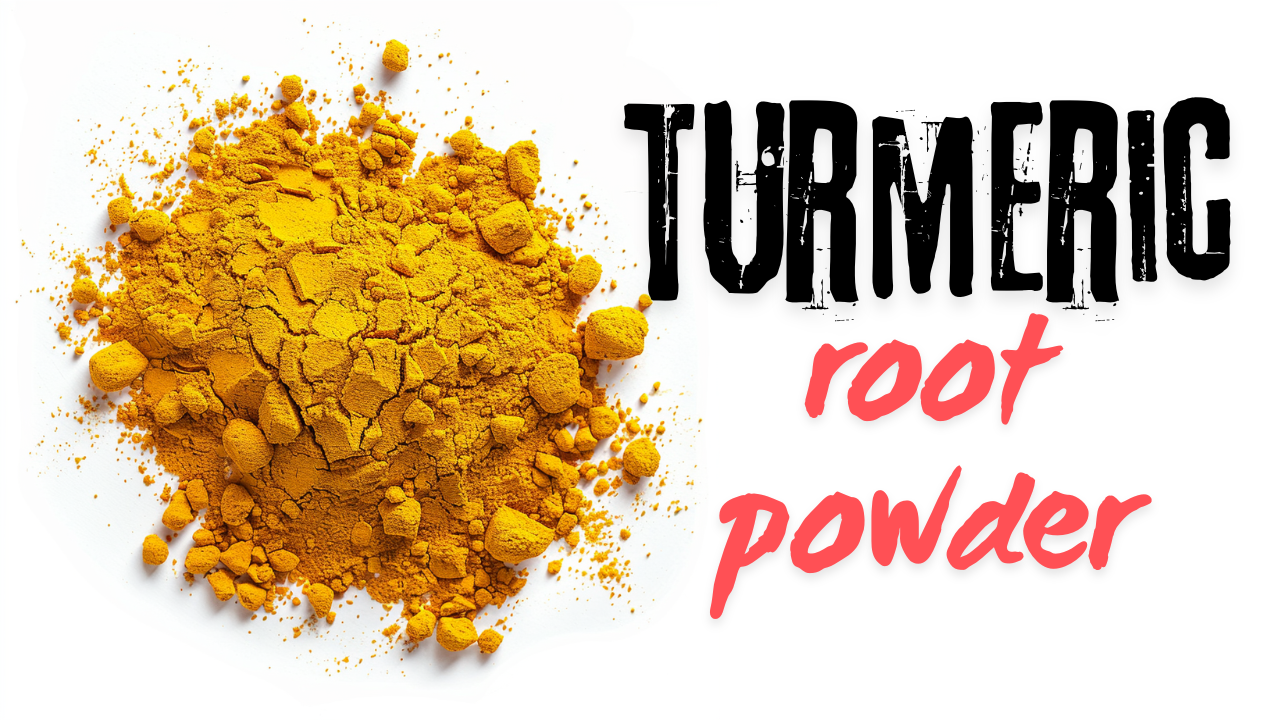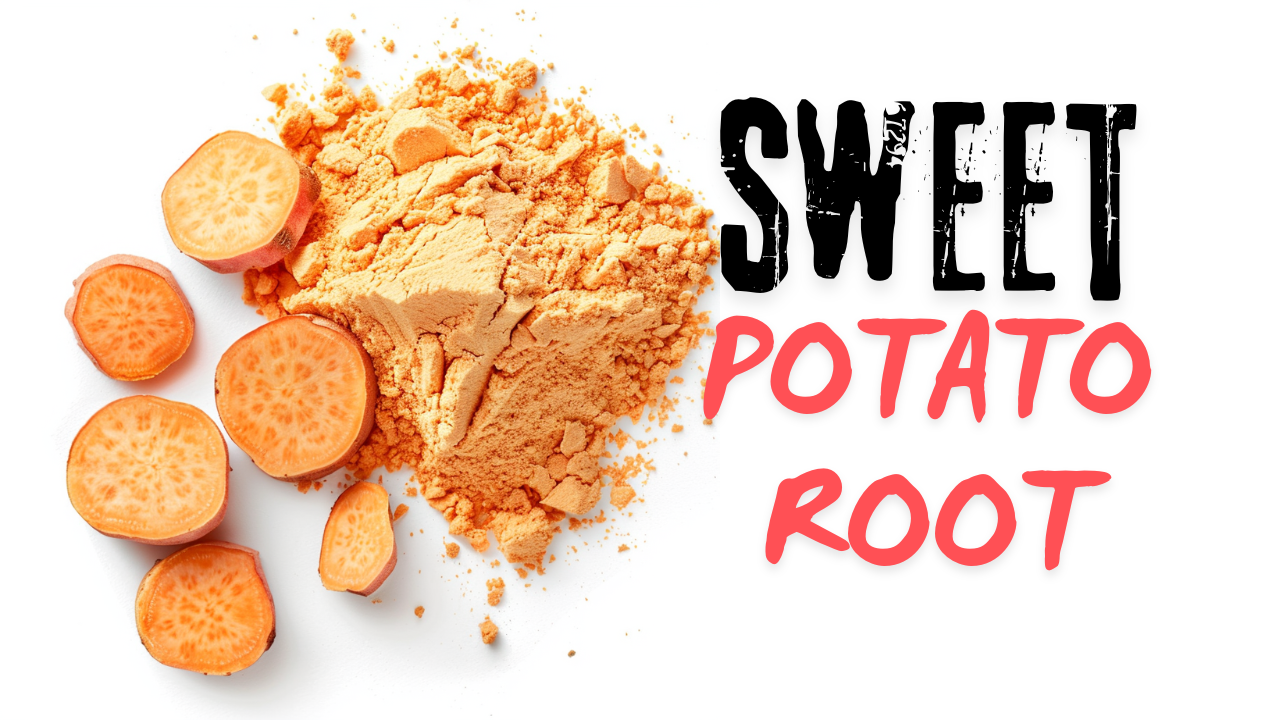Strengthening the immune system is a multifaceted endeavor that involves a combination of lifestyle, dietary, and behavioral changes. A robust immune system can better fend off infections and maintain overall health. Here are key strategies to enhance your immune function:
1. Balanced and Nutrient-Rich Diet
- Fruits and Vegetables: Rich in vitamins, minerals, and antioxidants, they help combat oxidative stress and reduce inflammation.
- Protein: Essential for immune cell production. Include lean meat, poultry, fish, eggs, dairy, legumes, and nuts.
- Healthy Fats: Found in foods like avocados, olive oil, and fish, these fats can help reduce inflammation.
- Fermented Foods or Probiotics: Yogurt, kimchi, sauerkraut, and kefir contain probiotics that support gut health, a key component of the immune system.
- Hydration: Adequate fluid intake is crucial for overall health, including immune function.
2. Regular Physical Activity
- Moderate Exercise: Activities like brisk walking, cycling, and swimming can help boost the immune system.
- Avoid Overtraining: Excessive intense exercise without adequate rest can suppress immune function.
3. Adequate Sleep
- Sleep Duration: Aim for 7-8 hours of quality sleep per night to support immune health.
- Sleep Hygiene: Maintain a regular sleep schedule and create a restful environment.
4. Stress Management
- Chronic Stress: Can suppress immune function. Techniques like meditation, deep breathing, yoga, and mindfulness can help manage stress.
- Hobbies and Activities: Engaging in enjoyable activities can also reduce stress levels.
5. Healthy Body Weight
- Obesity and Immune Function: Excess weight can affect immune response. Maintaining a healthy weight through diet and exercise is beneficial.
6. Avoid Smoking and Limit Alcohol Consumption
- Smoking: Harms the immune system and can make the body less successful at fighting disease.
- Alcohol: Excessive consumption can impair immune function. Moderation is key.
7. Hygiene Practices
- Hand Washing: Regular and thorough hand washing can prevent the spread of infections.
- Food Safety: Proper food handling and cooking techniques can reduce the risk of foodborne illnesses.
8. Supplements (If Necessary)
- Vitamins and Minerals: Vitamin D, Vitamin C, Zinc, and other supplements can support immune health, especially if dietary intake is insufficient.
- Consult Healthcare Providers: Before starting any new supplement, particularly if you have health conditions or take other medications.
9. Regular Healthcare Check-ups
- Preventive Healthcare: Staying up-to-date with vaccinations and regular health screenings can prevent illnesses and detect problems early.
Conclusion
Improving immune function involves a holistic approach, incorporating a healthy diet, regular exercise, adequate sleep, stress management, and healthy lifestyle choices. Remember, no single food or supplement can "boost" the immune system instantaneously. It's about maintaining a healthy lifestyle over time. Always consult with healthcare professionals for personalized advice, especially regarding supplements or significant lifestyle changes.




